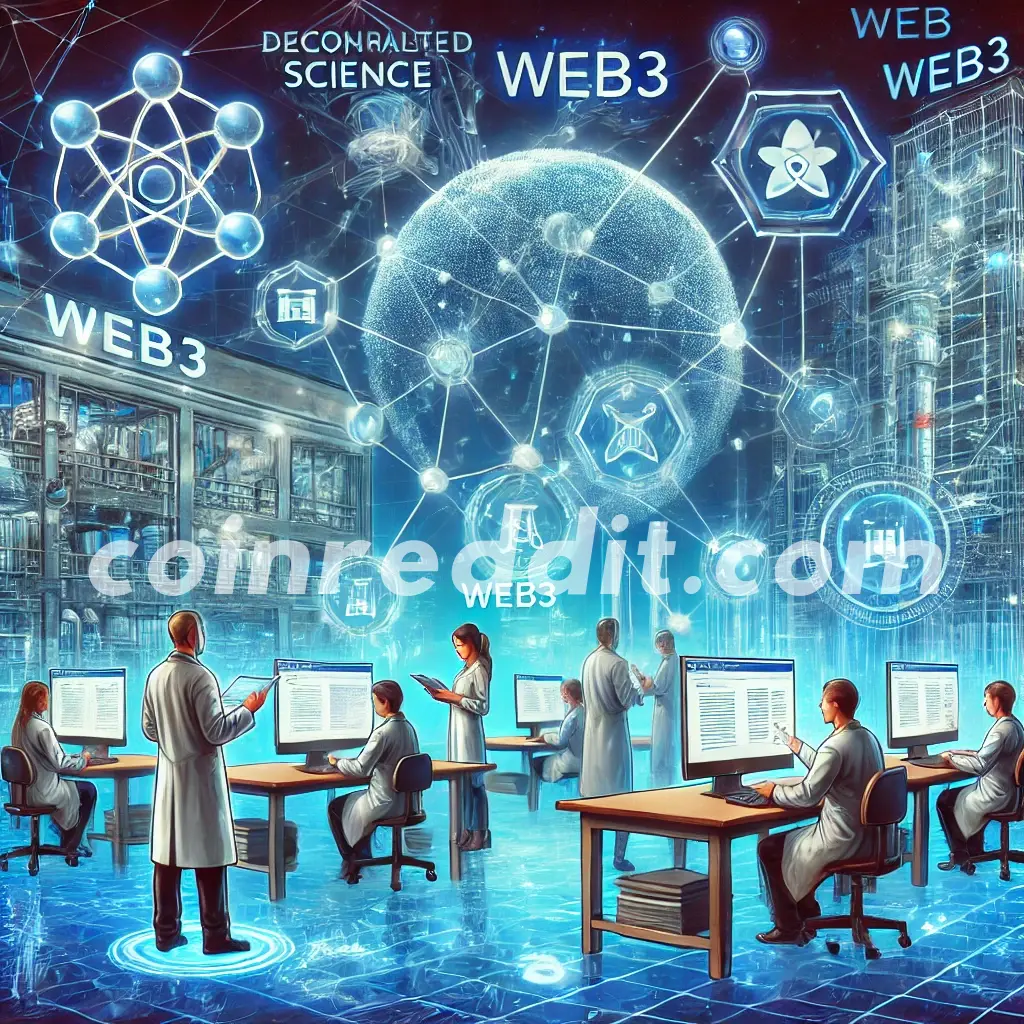
DeSci and Web3 The Future of Science Shaped by Decentralization

The scientific world has long been shaped by academic institutions, journals, and funding bodies. However, this system presents numerous obstacles that hinder independent research. Challenges such as difficulty in obtaining funding, lengthy publication processes, and restricted open access create significant barriers to innovation. Decentralized Science (DeSci) aims to overcome these challenges and make science more open, transparent, and accessible. With the help of Web3 technologies, the way scientific research is funded, conducted, and shared can be fundamentally transformed.
What is Web3 and How is it Related to DeSci?
Web3 is a technological revolution that aims to decentralize the internet. In traditional Web2 systems, users are dependent on major technology companies, whereas in Web3, control shifts to individuals through blockchain, smart contracts, and decentralized autonomous organizations (DAOs). The transparency, security, and censorship resistance offered by Web3 create new opportunities for scientific work.
The fundamental connections between DeSci and Web3 include:
1. Transforming Scientific Funding: DAOs and Token Economy
In the traditional academic world, most research is funded through government grants or private funding, which often involves bureaucratic delays and preferential allocation to certain fields. DeSci leverages decentralized finance (DeFi) and DAOs to provide direct funding to researchers.
- Scientific DAOs (Decentralized Autonomous Organizations) bring research communities together to democratize funding.
- Token-based incentive systems offer new economic models to support scientists in continuing their work.
- Blockchain-based funding mechanisms ensure transparency, allowing investors and donors to track how funds are utilized.
2. Decentralizing Scientific Publishing
Today, scientific papers are often published in high-cost academic journals that charge expensive subscription fees. DeSci aims to make academic publishing open and decentralized through blockchain technology.
- NFT-based academic papers can help prove originality and ownership of research.
- Blockchain can store immutable and verifiable records, making it easier to detect fraudulent or erroneous studies.
- The Open Science movement benefits from DeSci by ensuring equal access to knowledge for all.
3. Enhancing Transparency and Data Integrity in Research
Blockchain enhances data transparency, strengthening trust in the scientific community. In traditional academic systems, data manipulation or falsified results can pose serious problems. With DeSci:
- Blockchain-based data records can store all experimental results immutably.
- Smart contracts can automatically distribute research funds when predefined criteria are met.
- Decentralized storage systems (such as IPFS, Filecoin, etc.) ensure that scientific data is securely and permanently stored.
4. Global Collaboration Among Scientists
Web3 and DeSci facilitate independent or community-driven research efforts. Blockchain-based identity systems and DAOs allow researchers to contribute without being tied to universities or institutions.
- Scientific DAOs unite researchers and funding providers from around the world, fostering collaboration.
- Decentralized platforms encourage scientists to share their findings freely.
- Web3-based voting systems allow communities to decide which projects should receive funding.
A New Era in Science with DeSci and Web3
By integrating Web3’s principles of decentralization, transparency, and trust into the scientific world, DeSci has the potential to revolutionize the way research is funded, conducted, and published. This emerging ecosystem, rooted in the belief that scientific knowledge should be accessible to all, offers a more inclusive and reliable approach to science.
With Web3 technologies supporting DeSci, significant transformations may unfold in the scientific landscape. A decentralized and collaborative scientific ecosystem, unrestricted by traditional limitations, could accelerate humanity’s access to knowledge and innovation.









Comments